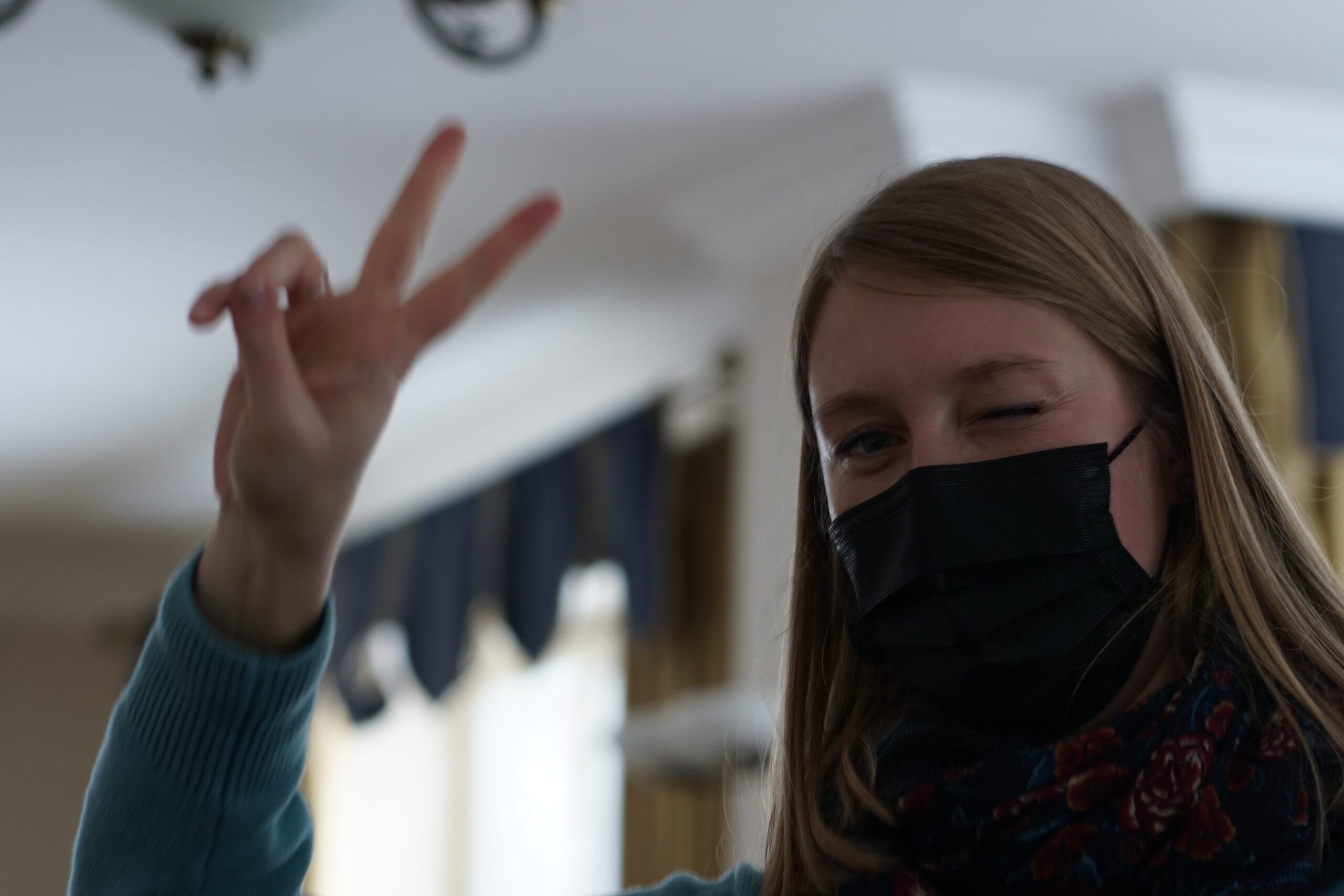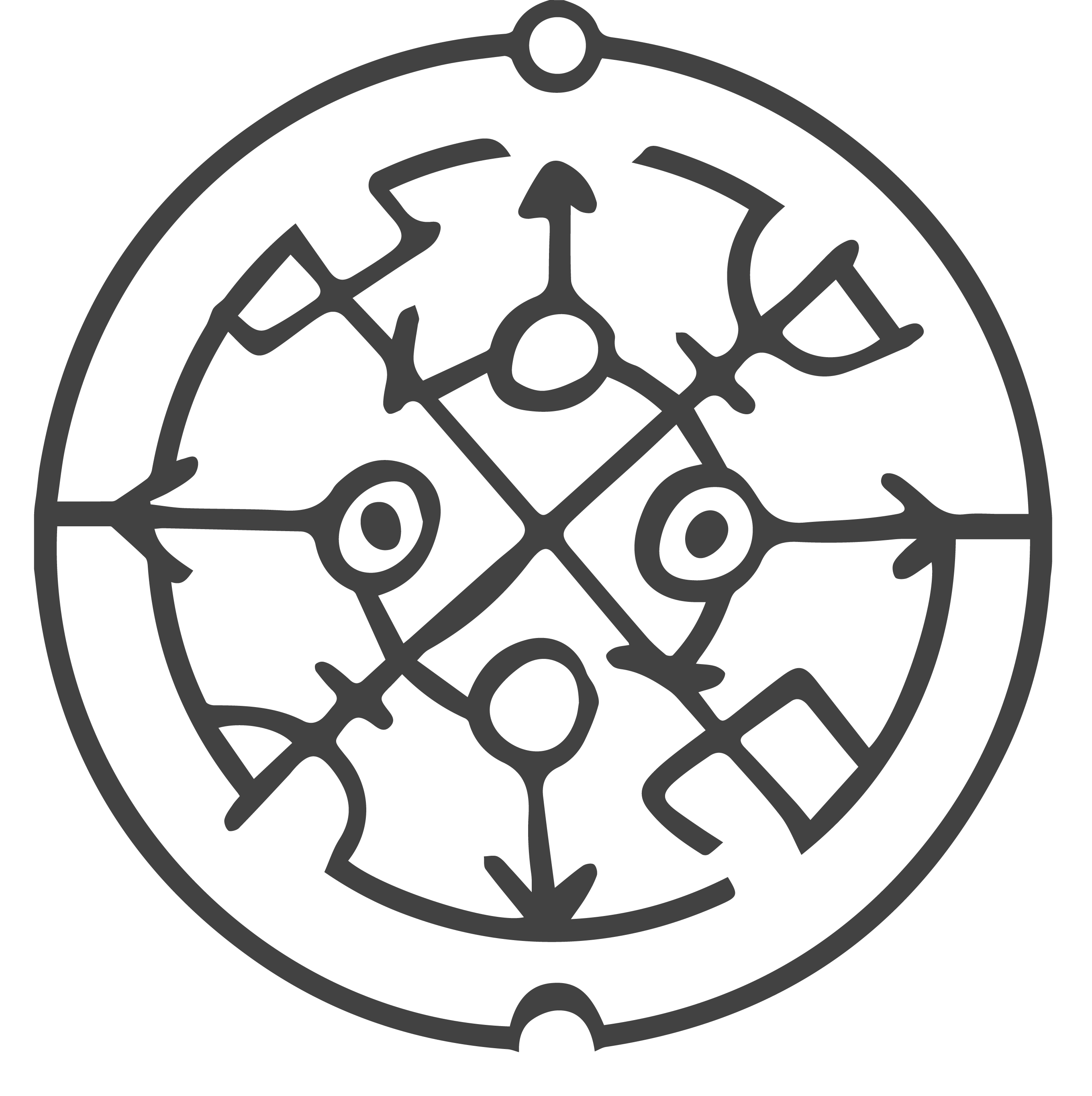Why we initiated this project


The goal of the project
Develop creative skills among upper grade pupils (age 15-19) and to strengthen competencies of history, art, social science, IT and technology teachers by developing and implementing an innovative training tool to respond to the lack of educational resources for the integration of history and technology.
ACTIVITIES
– Development of ReCreate History 3D: Game Design, Virtual Reality and Storytelling training tool.
– Delivering training for teachers from partner and associated organisations.
– Testing and validating the methodology with target group pupils at partner schools in three partner countries.
– Implementation of a product quality and skill development research to collect feedback from the testing activities for the upgrade of the lesson materials.
– Presentation of the project’s results at local, regional, national and European levels.
Project results
Methodological concept of recreating history through 3D, Game Design and Virtual Reality was developed and validated.
Developed methodological toolkit comprises numerous components for the teachers’ convenience and offers a minimum of 40 classroom study and fieldwork hours but can be expanded to more than 100 hours.
26 teachers developed their competences during a transnational learning activity.
266 target group students developed their competences during piloting activities in 3 countries.-The majority of the participants found the activities well designed, engaging and allowing to get to know and appreciate local cultural heritage.
Project results
The majority of the pilot group students indicated that they implemented tasks related to 21st century skills, such as solving problems, looking for answers, realization of a creative project, and critical thinking.
3 cultural heritage objects from Lithuania, Slovenia and Romania were represented in students’ projects.
20 associated organizations were involved in the project.
More than 700 new virtual learners registered on platform play.gaminu.eu where the project’s results are published.
More than 110 participants were involved in multiplier events in 3 countries.
